Tax planning is essential to managing your finances effectively, and staying up-to-date with the latest strategies can help you minimize your tax liability while maximizing your savings. As we navigate through 2023, understanding the most effective tax planning strategies for maximizing deductions and credits is crucial. In this blog post, we’ll explore some of the top methods to help you optimize your tax situation, ensuring you keep more of your hard-earned money.
1. Take Advantage of Itemized Deductions
Itemizing deductions can be a powerful way to lower your taxable income. Everyday deductible expenses include mortgage interest, state and local taxes, medical fees, and charitable donations. With the introduction of tax reforms in recent years, it’s essential to stay informed about changes to deduction limits and eligibility criteria. Consult a tax professional to determine whether itemizing or taking the standard deduction is more advantageous for your situation.
2. Leverage Retirement Contributions
Contributions to retirement accounts not only secure your financial future but also offer tax benefits. Traditional Individual Retirement Accounts (IRAs) and 401(k) plans allow you to make pre-tax contributions, reducing your annual taxable income. Additionally, some contributions may be eligible for the Saver’s Credit, which offers a tax credit for lower to middle-income individuals and families who contribute to retirement accounts.
3. Explore Tax-Efficient Investments
Certain investments can provide tax advantages that help you keep more of your gains. For example, long-term capital gains from investments held for more than a year are often taxed at lower rates than short-term gains. Tax-efficient funds and municipal bonds can also offer tax-free or tax-deferred income, reducing your overall tax burden.
4. Maximize Health Savings Accounts (HSAs)
Contributing to a Health Savings Account (HSA) can be a smart strategy if you have a high-deductible health plan. HSAs offer triple tax benefits: contributions are tax-deductible, earnings grow tax-free, and withdrawals are tax-free when used for qualified medical expenses. This makes HSAs a powerful tool for managing current and future healthcare costs while reducing taxable income.
5. Education-Related Tax Breaks
If you’re paying for higher education for yourself or your dependents, tax credits and deductions are available to ease the financial burden. The American Opportunity and Lifetime Learning Credit offers substantial tax credits for eligible education expenses. Additionally, contributions to 529 plans, state-sponsored education savings accounts, can provide tax-free growth and withdrawals when used for qualified educational expenses.
6. Don't Overlook Small Business Deductions
If you’re a small business owner or self-employed, numerous deductions and credits are available to you. These may include expenses related to home offices, business travel, equipment purchases, and healthcare costs. Keeping meticulous records and consulting a tax professional who understands the nuances of small business taxation can help you identify and maximize these deductions.
7. Stay Informed about Tax Law Changes
Tax laws are subject to change, and staying informed about the latest updates is crucial for effective tax planning. Keep an eye on legislative developments and consult tax experts or online resources to ensure you’re aware of any new deductions, credits, or changes in tax rates that could impact your overall strategy.
In Conclusion
Maximizing deductions and credits is a fundamental aspect of effective tax planning. By implementing these strategies tailored to your unique financial situation, you can minimize your tax liability and optimize your savings. Tax planning is year-round, and it’s always early enough to start preparing for the next tax season. Consulting with tax professionals and financial advisors can provide personalized guidance to help you maximize your 2023 tax planning efforts.






